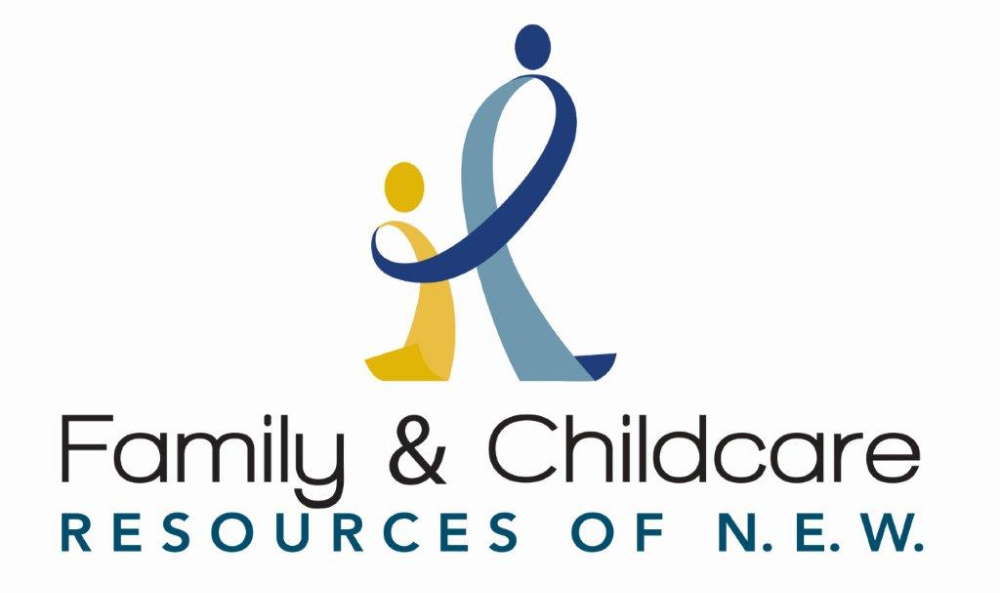Parents who work the second shift or other non-traditional hours have limited childcare options. A recent report from Child Care Aware of America identifies need for non-traditional hours of care as a national trend. Because of data on childcare programs in Northeast Wisconsin collected and feedback from referral specialists who work with families, Family & Childcare resources of N.E.W. has noticed this growing problem locally.
“In our community there has always been a need for non-traditional care with many companies offering shift work,” says Paula Breese, Executive Director of Family & Childcare Resources of N.E.W. “As we see growth in retail, server and hospital jobs we know that these families have less access to regulated and quality child care options than there 9-5 counterparts. These families can’t afford not to have options.”
In Brown County, there are only 13 child care programs out of 171 that offer childcare after 7 p.m. but parents looking for evening care make up over 25 % of the inquiries for child care referrals to the agency. Five child care programs in Brown County offer care on weekends. Not all of these programs are currently accepting referrals.
The outlook is more bleak in the more rural counties in northeast Wisconsin. Door, Kewaunee, Marinette, Menominee and Oconto Counties have no regulated providers identified as offering care after 7:00 pm or on weekends. Shawano County has one program that offers care after 7 p.m. but is not accepting referrals at this time.
Parents should consider many factors when choosing a childcare including location, staff qualifications, hours, activities, group size and cost but when there is diminished availability it limits a parent’s opportunity to make a quality choice.
Childcare providers also must consider factors when offering second shift childcare including fluctuating demand, overhead costs and finding staff.
“With the current availability parents will have limited choices, which may make it difficult as they try to find care that fits their family and location without adding to a difficult commute,” says Paula Breese. “and as those spots fill parents may have no options for regulated care in the evening which means they won’t have access to child care subsidies.”

